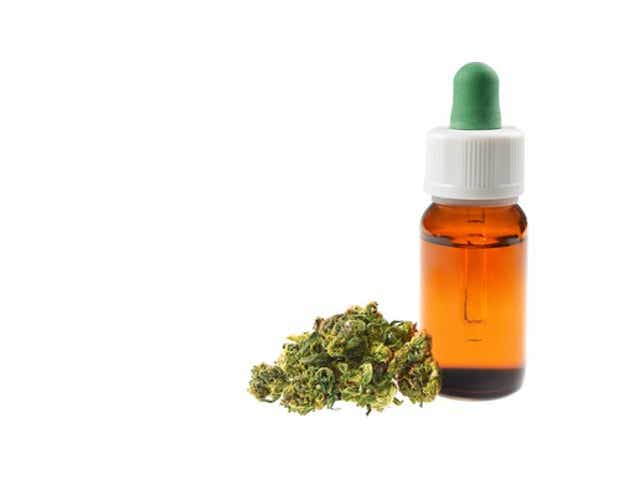Uses for CBD Oil
A healthier life, without (medical) complaints, that sounds like music to your ears, right? CBD oil can offer a good solution for many of your complaints and has become increasingly popular over the years. But before you start using CBD oil you want to be well informed. First, you’ll start looking for questions like what is CBD oil and what do you use it for. But in addition, you probably also want to know how you use it and which CBD oil suits you best. Therefore, we put in this blog all the information about CBD oil for you in a row and hopefully help you further with a complaint-free life.
What is CBD oil?
CBD is the abbreviation for cannabidiol and is extracted from leaves and flower buds of the hemp plant. In CBD oil, the cannabidiol is processed in hemp seed oil or olive oil. Because the human body itself contains cannobinoid systems, CBD oil can have a positive effect on organs and the immune system. Since 1999, the cultivation of a hemp plant with up to 0.2% THC has been legalized by the Dutch government and since then the sales of CBD oil have exploded.
For those who think that a hemp plant is the same as a CBD plant , a brief explanation: both plants are derived from the CBD Sativa L., but they each contain different main components. Hemp is the name of industrial CBD and contains mainly cannabidiol. The main constituent of a CBD plant is THC, or tetrahydrocannabinol. THC is the substance that makes you high when, for example, you smoke a joint. A hemp plant contains a maximum of 0.2% THC while the CBD plant contains only 3 to 4% CBD. In short, from a hemp plant you do not get stoned, from the CBD plant you do.
Difference between CBD oil and hemp oil
As explained above, CBD is extracted from a different plant than hemp. The biggest difference is in the ingredients; in CBD oil, the ingredient cannabidiol is included, while hemp oil contains more THC. Besides the fact that you can get high from hemp oil and not from CBD oil, there are a number of other differences. Hemp oil has an addictive effect and is only available illegally. With CBD oil there are no or minimal side effects known and therefore it can be said “it doesn’t hurt to use it”.

What does CBD oil do?
Many people see CBD oil as a panacea for their medical complaints. Although there is no scientific proof yet, cannabidiol is said to offer a solution for various physical and mental complaints. Due to lack of evidence, we cannot mention which conditions would benefit from CBD oil. However, we can tell you what beneficial effects CBD oil can have on your body:
- Reducing feelings of stress
- Improving concentration
- Ensures a healthy skin
- Works relaxing
- Helps with a nervous feeling
- Reduces mood swings (including during the transition)
- Ensures a good intestinal flora
- Gives energy
- Ensures a healthy night’s sleep
- Positive effect on blood circulation
- Stimulates the appetite
- Ensures healthy blood pressure
- Keeps the bones strong
- Positive influence on short and long term memory
- Reduces pain
Who uses CBD oil?
Because CBD oil is legalized by law, the product is available to everyone. From CBD oil you do not get high and it is not addictive. Therefore everyone can use CBD oil, preferably in combination with a healthy lifestyle. However, there are some exceptions. CBD oil is not recommended for women who are pregnant or breastfeeding, people with cardiovascular diseases, high blood pressure and cardiac arrhythmia. For other medical and psychological conditions or the use of medications, it is recommended to first consult with your doctor or specialist. Read more info on health supplements by going to this link.
Besides regular CBD oil, there is also medicinal CBD. With medicinal CBD, the quality is guaranteed by the government and a higher dose of THC is present compared to CBD oil. Since 2003, doctors are allowed to prescribe medicinal CBD to patients. It is used to improve the quality of life of the patient and therefore not as a treatment for cure. Medicinal CBD is prescribed by doctors to patients with cancer, chronic bowel disease, MS, rheumatoid arthritis, chronic nerve pain and HIV/AIDS, among others.